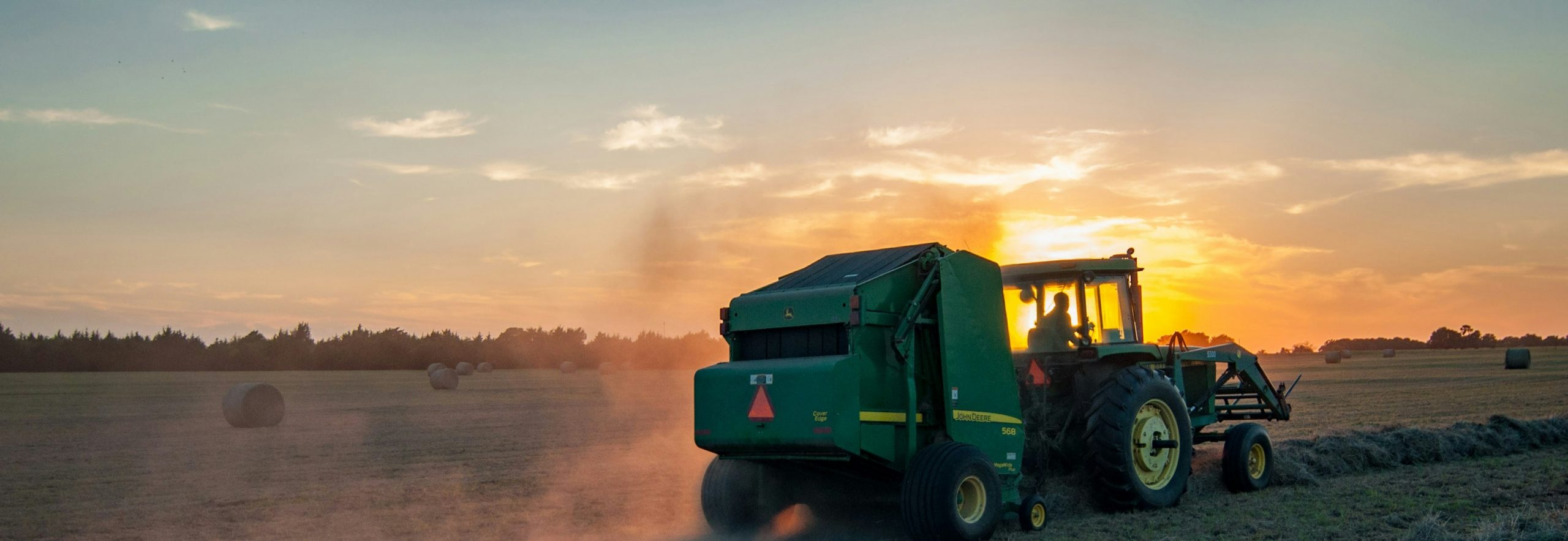
Comment Editor Emma Gilland discusses the recent conflict between the Labour Government and the dissatisfied Farmers
The pent-up fury of farmers in the UK has finally reached its boiling point, with farmers flocking to London to protest the change in inheritance tax (announced in the budget on the 30th of October), it is clear that the United Kingdom is no longer exempt from the growing rural dissent which has been plaguing Europe. With Starmer only recently gaining seats from the more rural voters, I don’t think the marginal income gains for this government have been worth this fracture of support.
13,000 people, children, and tractors, attended the protests, even though the proposed policy change was to leave the “vast majority” of farms unaffected. So why were so many driven away from their farmland to the city streets?
So why were so many driven away from their farmland to the city streets?
Despite Britain voting to leave the EU almost a decade ago, the effort to regain support and control over the British farming and agricultural industries has been significantly neglected. With increased competition and even weaker support, many farmers have been left even worse off than before.
When farmers first turned against the European Union, they demanded greater control and protection of national production, distancing themselves from the European free market; a starting sign of the wider move towards right-wing nationalism. Later in July 2024, unprecedented numbers of rural seats turned red, leaving the Tory party behind, as they were disillusioned by the messy practices and broken promises of Brexit. The government, they felt, had sold them short on information, and failed to provide the ‘greener’ future promised. This is frustrating farmers, pushing them towards the right-wing politics of anti-globalisation.
While many farmers voted to leave the EU in 2016, they have been hit unexpectedly hard by the removal of the protective subsidies of the CAP (Common Agricultural Policy). The UK government ‘committed’ to the continued support of farmers through the Environmental Land Management (ELM) scheme, aiming to tie together the goals of green farming with the protection of British industry.
Therefore, many farmers feel that they were sold short on the promises and opportunities that Brexit would offer them
These new protections have simply fallen short, and while farmers have had their profits slashed, they are still fighting for space in the consumer market. They have not been granted any greater protection from foreign imports after leaving the EU. Therefore, many farmers feel that they were sold short on the promises and opportunities that Brexit would offer them.
Moreover, due to the changes in immigration rules, and decline in agricultural workers from Eastern Europe, farming productivity (defined as the ratio of agricultural inputs to outputs) in the UK has been in decline. This loss of labour has meant that £22 million pounds of British fruit and veg went unharvested in 2022. 40% of farmers surveyed by the National Farmers Union have suffered crop losses and over 50% have cut back on production.
Farmers are frustrated at the lack of transparency in the government decisions affecting their everyday lives. The National Farmers Union (NFU) chief, expressed his belief that the Treasury failed to consult the Department for Environment, Food and Rural Affairs (DEFRA), Whilst the cabinet has been quoted as saying that only 25% of farmers will be affected by the tax hike, DAFRA suggests that 66% of farm businesses will need to fork out money to the inheritance tax, digging deeper into the ever thinning lining of their pockets. With the increase of inheritance tax from 0 to 20%, the NFU claims that this will eat up the very little profit farmers have left, and force many families to break up their land. Many see this as an outrage, as this was not what they voted for earlier this year during the General Election. They feel they have been completely misled by the lack of information.
They feel they have been completely misled by the lack of information
So it is clear that farmers are angry – angry at their isolation, the prospect of their dying legacy, and their ever-threatened livelihoods. But the question remains: what comes next? Where do farmers turn now? They have been let down by Brexit, let down by the Tories and now let down by Labour. There is a fundamental disconnect between farmers and the globalising narratives of neoliberal economics and environmental policy: the everyday lives of farmers do not feel the benefit of expanding free markets and environmental protection. It in fact is doing them much more harm than good. I find it strange how political parties of today are picking and choosing their policies, in particular how Labour has left behind the Conservative idea of low taxes, yet continues to prioritise the free market over the products of its own.
It is for this reason, I believe, that the Labour government needs to tread carefully; to stop dragging their feet through the dirt, and finally begin to acknowledge the demands of the rural population. Continuing as they are will soil their reputation and increase the weight of right-wing demonstrations across the country, which clearly serve as warning that the patience of everyday people is waning. With the strength of the right-wing tide spreading across Europe, and now the US, our government needs to be careful that it doesn’t push rural voters further towards this ideology.
If you like this, you should read…
Is Labour’s 13 years of Anguish Ending?
Protesters Call for Selly Oak Labour MP to be Deselected Over Ceasefire Vote
Comments